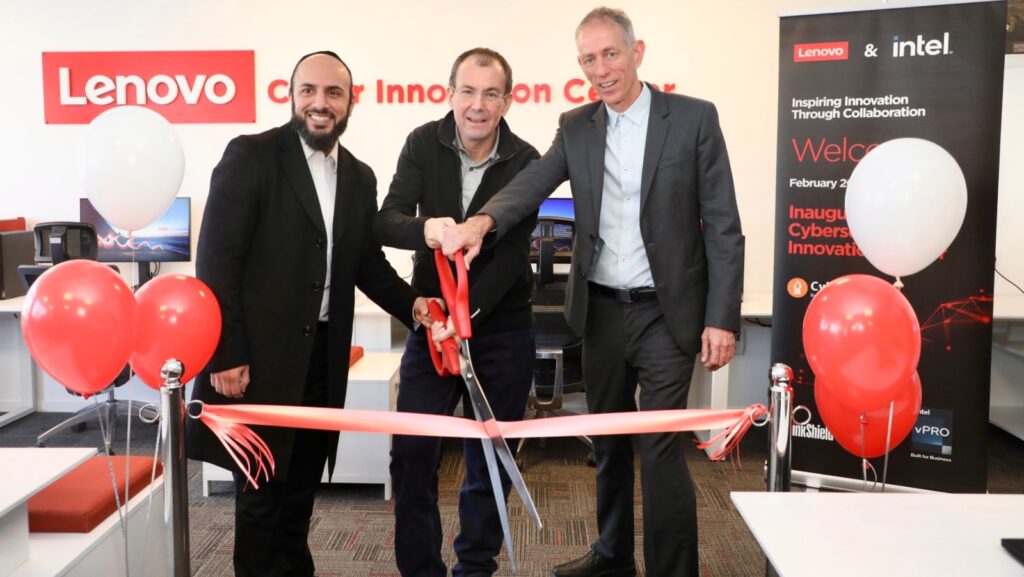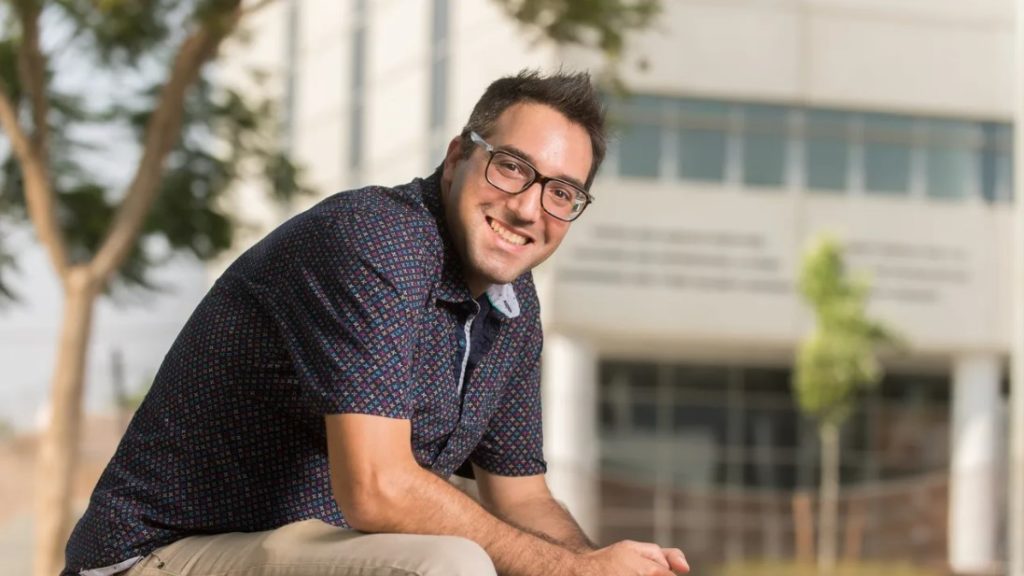
Ben-Gurion’s Negev Dream Is Coming to Fruition
Ben-Gurion’s Negev Dream Is Coming to Fruition
July 21, 2014
Homeland & Cyber Security, Negev Development & Community Programs, Robotics & High-Tech
Jewish Exponent — In 1955, Israeli Prime Minister David Ben-Gurion challenged his people to develop the Negev and make it flourish. “Israel’s capacity for science and research will be tested in the Negev … and this effort will determine the fate of the State of Israel and the standing of our people in the history of mankind,” he declared.
Members of The Negev Funding Coalition — a consortium of Jewish Federations, foundations and other funders committed to developing arts, culture, education, health care, science and technology initiatives in the region — recently met in Delaware to discuss their progress in fulfilling Ben-Gurion’s vision for making the Negev a vital and vibrant place to live and work.
The conference, which was sponsored by Jewish Federations of North America, featured a keynote presentation by Rear Admiral (Ret.) Hezi Meshita, the deputy director of the Southern Relocation Administration for the Israel Ministry of Defense. Meshita termed this “the decade of the Negev” and expressed excitement at the impact of four proposed development projects.
Chief among them is the construction of a new $650 million training facility located 20 miles outside of Beer-Sheva. Beginning in late 2014, 10,000 soldiers will be moved to the new base from their current quarters in Tel Aviv. The program will centralize combat support training that is currently conducted at multiple sites throughout Israel.
Three more “mega bases” are expected to be built in the Negev by 2020 — part of a strategic plan to vacate the land and buildings that the Israel Defense Forces currently occupies in high-end Tel Aviv and central Israel in order to bring jobs and investments to Israel’s south. As part of this initiative, the Israeli air force base at Tel Aviv’s Ben-Gurion International Airport has already relocated to Netavim.
According to Meshita, these major military projects should bring one million new residents to the Negev.
A new national cyber security research and development center called CyberSpark will open soon at Beer-Sheva’s Advanced Technology Park (ATP) in cooperation with BGU, adjacent to the University’s Marcus Family Campus. Lockheed Martin and IBM announced that they would invest in CyberSpark facilities, joining fellow cyber-security leaders Deutsche Telekom, EMC, RSA and many startups in the field.
The 16-building park is the only one of its kind in the world that includes Fortune 500 companies, cyber-incubators, academic researchers and educational facilities as well as national government and security agencies. The complex will also include a high school geared toward science and technology.
BGU is the site of another project funded by the coalition.
The University’s Clean Technology Initiative strives to maximize the development of renewable materials and energy resources by providing fellowships to BGU graduate students interested in studying this new field and by supporting a new business plan competition for clean tech development, which targets Negev-based startups as well as BGU students.
“We have already received more than 25 entries — all environment Researchally and ecologically sound projects that will help drive development in the Negev,” says Doron Krakow, Americans for Ben-Gurion University’s executive vice president.
Sam Katz, co-chair of the Philadelphia-Netivot Partnership Committee and Americans for Ben-Gurion University supporter, is excited by the growth of arts and cultural initiatives throughout southern Israel and is particularly proud of one project that he helped to spearhead in Netivot.
In December 2013, Jane Golden, executive director of Philadelphia’s Mural Arts Program, came to Netivot to address the first annual Cultural Entrepreneurship Conference. Golden was honored in November 2013 at Americans for Ben-Gurion University’s Mid-Atlantic Region’s Tribute Brunch, which recognized Women of Distinction.
Read more on the Jewish Exponent website >>




